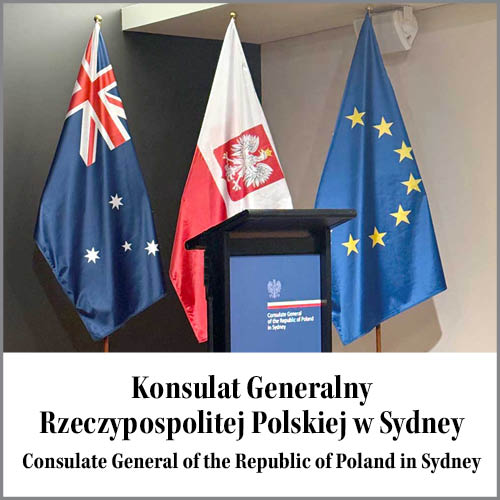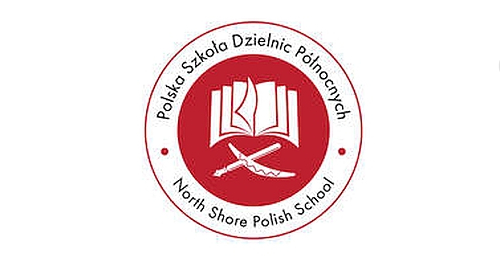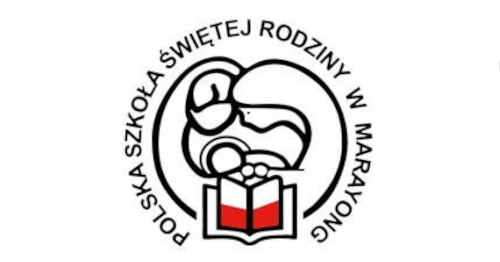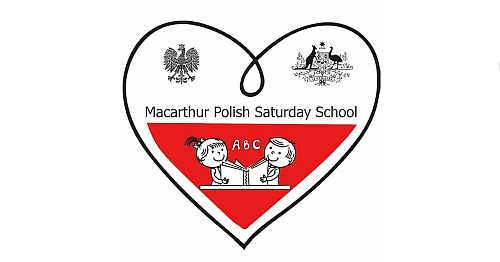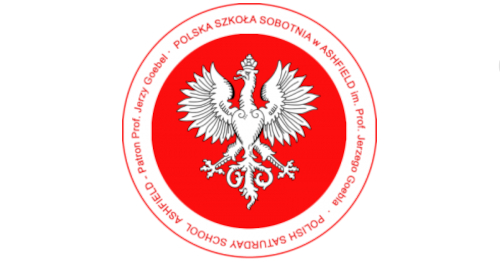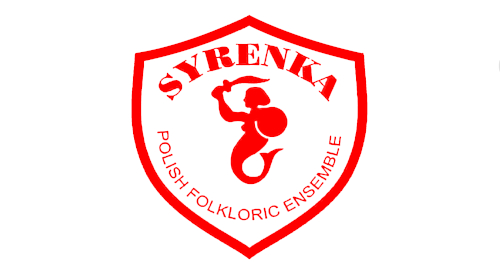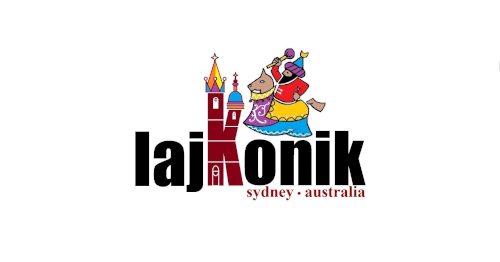Santorini is one of the most beautiful islands of Greek Cyclades. Since several years it is also a home for Poles. It is possible to get there by ferry – eight hours from the town of Pireus in southern Greece, three hours from Crete and only 40 minutes from Athens by plane.
This volcanic island is almost 30 km long and 1,5 to 5 km wide. Its population outside the season is approximately nine thousand. However, from May until September it is a great resort for tens of thousands of tourists.
Polish diaspora on Santorini consists of one hundred people living there since several years. Majority of them intends to stay there for good and only some consider coming back to Poland. Their decision regarding coming to Santorini was mainly based on economic reasons. Although they are usually blue-collar workers, their material situation is much better than back at home.
In September 2006 Polish parents from Santorini managed to open in Fira a local office of the Polish School in Athens, operating since many years as a Complex of Zygmunt Mineyko’s Polish Schools, under the auspices of the Polish Embassy in Athens. There were many people in Santorini interested in establishing this school – explains Edyta Łabęda, the head and teacher of the local branch office. Before 2006, Polish parents who wanted their children to learn Polish, had to send them to Athens once a month, which was very inconvenient. We needed the minimum of 25 children to open the school. Luckily it turned out there is much more potential students, so there were no formal obstacles. We just had to apply to Athens and…we’ve got a school.
Edyta Łabęda used to work in a private school in Athens, where she was preparing students to the maturity exam from Polish language and History. She came to Greece with her parents and brother when she was in the 6th Grade. She did her maturity exam in Greece and moved to Poland to study at the university. Nevertheless, after gaining Master’s Degree she came back to Greece. She missed her family, friends and the warm climate.
I really missed Greece while studying in Poland – says Edyta Łabęda. Now, when I am back in Greece, I keep thinking about Poland. I am heart-broken all the time and I guess that’s how it’s going to be in the nearest future. My dream is to have a permanent job in Poland and possibility to travel often to Greece, at least for summer holidays. Greece is really special, anybody who comes here once, always comes back. This is not only my opinion but also my friends’. Some of them came to Greece with PhD but the only work they could find was a housecleaning. However, they don’t want to go back to Poland. This way of thinking is quite typical for other Poles, who love our country but prefer to live here and send their children to the Polish schools.
Life in Santorini outside the season is quite boring. Nothing happens here apart from the renovations of touristic objects which have to be ready for the next summer. Many Poles use the Polish satellite television and watch Polish programs. For many years Polish diaspora in Santorini was not close to each other. We didn’t meet on a regular basis or celebrate the national or religion holidays. People avoided each other, it was better to remain silent rather than talk. Such situation has changed after establishment of the school. Finally everything seemed to be normal.
Parents were helping a lot in preparing classrooms – recalls director Łabęda. They were painting walls and doing other things I asked them for. Currently, however, they have loads of expectations and do not help as much, and are constantly looking for attractions at school. They sometimes lay claims to their children’s grades and state that kids should only have the highest grades; they find me too exacting. After that, I have to explain children that if they want to have the best grades, they need to learn the whole material really well. I can’t give the best grades to children who are not able to read in their notebooks comments made by their mums or dads. That is why disputes between me and parents happen from time to time.
There are only two children from mixed marriages in my school. These kids talk in Greek at home and still have some problems with Polish language. The rest of my students speak Polish well, although they have problems with reading and writing.
Our school is a supplementary institution, which means that classes are being held only during weekends. If parents asses their children and help them to study, learning at Polish school proceeds much easier. It is really good if a mother or a father works with their kids once or twice a week. The effects are visible than and it’s also easier for us to work with children.
Children attend to school quite often, because their parents really care for upbringing them in Polish atmosphere. They want their kids to know history and geography of their homeland. To convince children of attending to the Polish school I try to teach them through games – continues Edyta Łabęda. Nevertheless, it’s important not to forget about the program implementation, which is the same for all supplementary schools. We often watch movies on dvd to enable children understand books better and to get to know better the Polish literature. We still lack appropriate didactic aids – there is only one computer that we can use. We are also in a need for dictionaries or popular scientific movies. He have been also facing from some time difficulties with electricity and telephone connection.
Our Polish school in Santorini is really needed, also according to a local parish priest Nikolaos Kokalakis. The school uses his hospitality and kindness every day. He finds this institution a great and unique occasion for common meetings of Polish diaspora. Last Christmas Eve, for the first time in the history of the island, we have gathered almost all of the students’ of the Polish school parents and created a great occasion to get to know everybod better. Our parson was surprised with the number of people representing Polish minority, especially that they constitute quite a big part of all worshippers on the island. This meeting proved that we can do a lot of good things together.
Head Łabęda together with her family is also committed to the school’s life. I was also trying to have positive relations with all parents – she explains. Some of them are easygoing and some need a little bit more effort to make a good relation. Nevertheless, I don’t lose hope and I believe that the school will connect all children and parents and that Santorini will become a Polish educational centre for all Greek Cyclades.
The second Polish teacher working with the youngest kids at the school in the town of Fira, is Mariola Klatka. She comes from Wałbrzych, which used to be a coalfield but now there is almost nothing there and it’s difficult to find a job. Working in the school in Santorini was a big challenge for me. At the very beginning I’ve decided to work for one year. I was aware of many difficulties, resulting from the fact that the school has been recently established. I stayed longer although there are still many obstacles in teaching at the school. I lack didactic aids. I couldn’t take a lot with me when I was coming here since I had to pack clothes for all the seasons of the year.
Asked about children studying at the Polish school in Fira, she compares them with those from Wałbrzych. She finds them neat, well behaving and positive towards learning. Kids in Greece start school when they are five. That means they are better prepared manually than our Polish children. They have no problems with holding pencils or with writing. The only problem is that not everybody can speak good Polish so sometimes they find it difficult to understand me.
Mariola Klatka teaches also six Polish children from Crete, where she travels once a month for the whole weekend. Some of those kids visit our school from time to time but it’s cheaper for everybody if I come.
Teachers from the Santorini school managed to gather many Poles living on the island. People become more and more open, begin to talk with each other and meet from time to time. Although the process of getting in touch will surely last for a while, it’s good to see that Polish diaspora is slowly establishing a big Polish family there.
Text and photo: Leszek Wątróbski







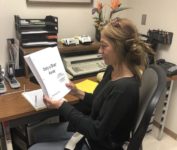

 USD
USD  AUD
AUD  CAD
CAD  NZD
NZD  EUR
EUR  CHF
CHF  GBP
GBP 